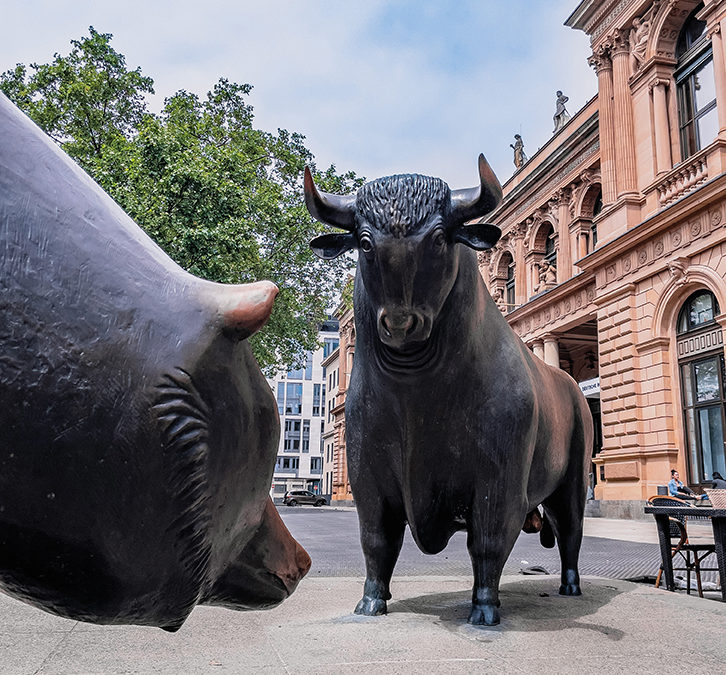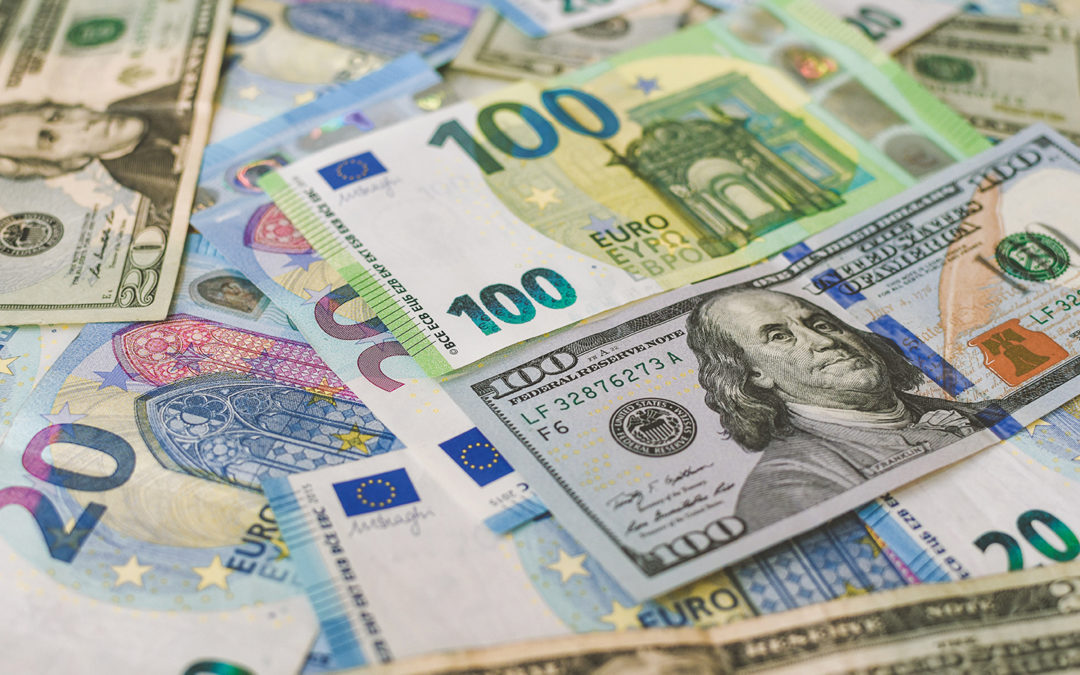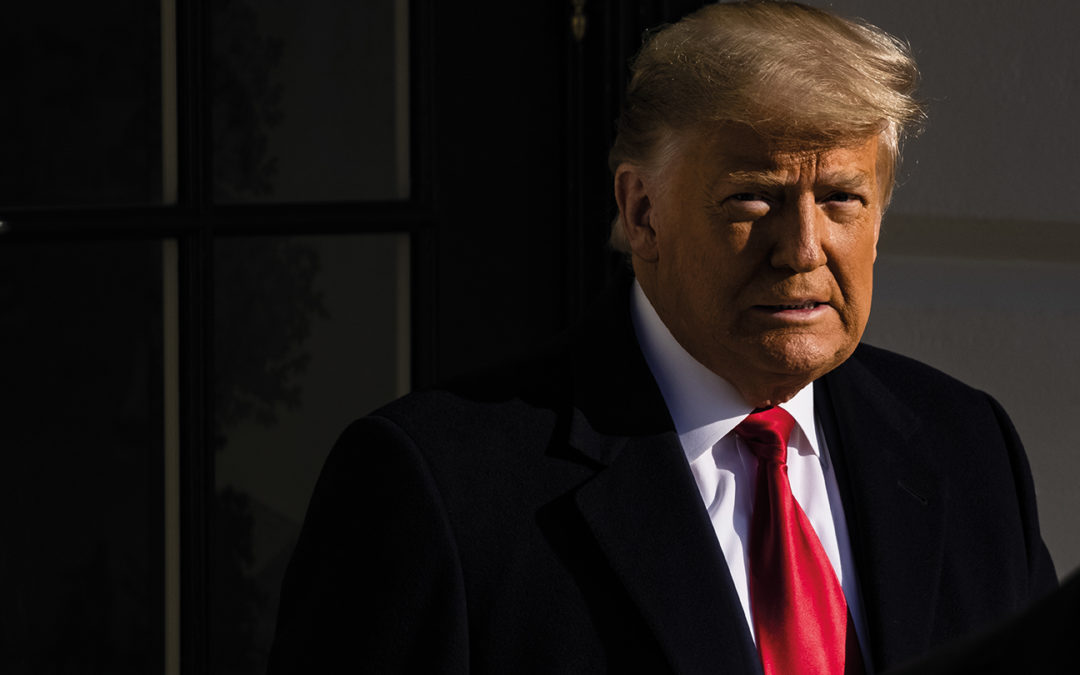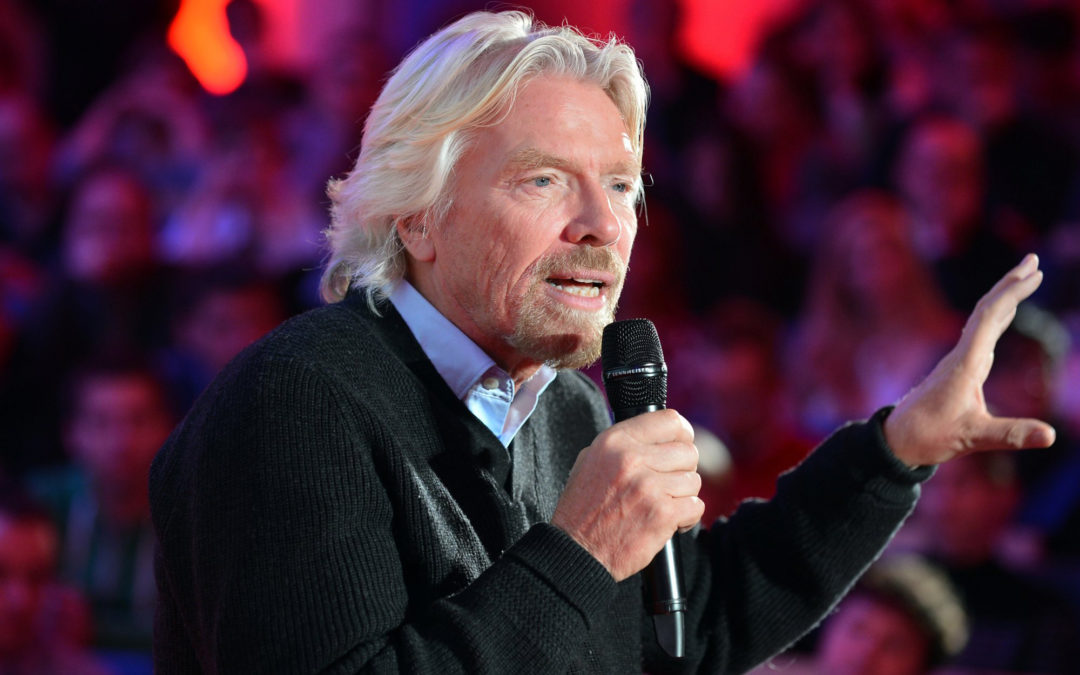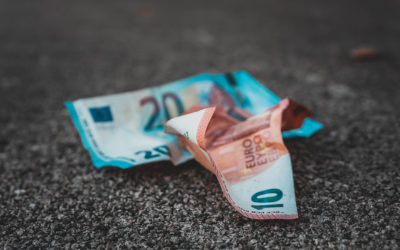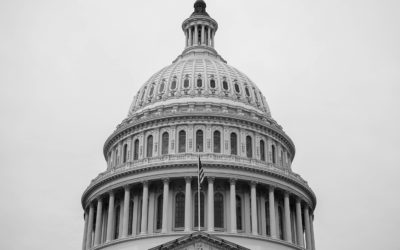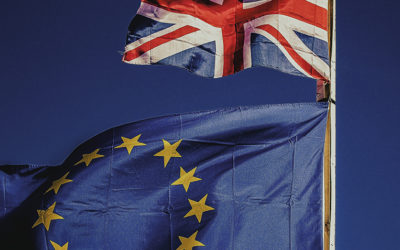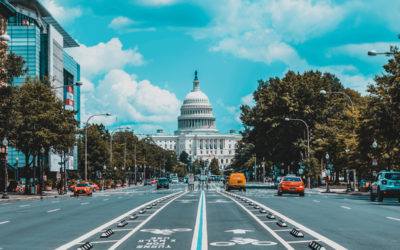richtig Fahrt auf, als es schon hieß, der wirtschaftliche Einbruch nach der Coronakrise werde „die schlimmste Rezession seit der Großen Depression“ sein. Man mag es kaum glauben, aber am selben Tag verkündete Amazon, in den nächsten Monaten 75.000 Stellen zusätzlich zu schaffen. Bei Facebook sah es ähnlich aus, kurz zuvor kündigte der Konzern an, sein Netzwerk werde im selben Jahr 10.000 weitere Ingenieure und Produktexperten einstellen.
Während Volkswirtschaften in aller Welt die schwerste Krise seit Jahrzehnten erleben, koppelt sich eine kleine Gruppe Unternehmen von dieser Entwicklung ab: Für die großen amerikanischen Tech-Konzerne Google, Amazon, Facebook, Apple und Microsoft, die GAFAM-Firmen, ist die Virus-Pandemie eine Riesenchance, die es zu nutzen gilt.
Die GAFAM-Unternehmen verfügen zusammen über Bargeldreserven von rund 560 Milliarden Dollar, was ungefähr dem Bruttoinlandsprodukt Schwedens entspricht. Und noch ein beeindruckendes Beispiel: Apple als das wertvollste Unternehmen der Welt weist im Oktober 2021 eine Marktkapitalisierung von 2,1 Billionen Euro auf. Im Vergleich dazu sehen die Unternehmen des erweiterten DAX 40 zum selben Zeitpunkt klein aus. Gemeinsam kommen alle Firmen auf eine Marktkapitalisierung von lediglich 1,9 Billionen Euro. In seinem Quartalsbericht vom 27. Juli 2021 gab das Unternehmen einen Betriebsgewinn von 24,13 Milliarden US-Dollar bekannt. Zudem verzeichnete Apple in Q3 einen Nettogewinn in Höhe von 21,74 Milliarden Dollar. Damit konnte das Unternehmen den Gewinn im Vergleich zum Vorjahreszeitraum beinahe verdoppeln. Damals erzielte Apple einen Gewinn von 11,25 Milliarden Dollar.
Das Muster ist Der GAFAM-Unternehmen ist deutlich erkennbar: Häufig kaufen die Tech-Riesen andere Firmen, um neue Branchen oder Regionen zu erobern – einerseits, um Wettbewerber auszuschalten, andererseits, um Fachleute an Bord zu holen. So hat Google in den vergangenen zehn Jahren mehr als 120 Firmen übernommen, Facebook knapp 80 und Amazon rund 90.
Schon seit einigen Jahren kaufen vor allem Google, Facebook und Amazon überall auf der Welt die besten Experten für Künstliche Intelligenz, um jene Algorithmen zu programmieren, die einmal den Alltag bestimmen werden. Welche Nachrichten die Nutzer lesen, wie sie zur Arbeit fahren, welche Bewerber zu Vorstellungsgesprächen eingeladen werden – all das wird heute schon von solchen Programmen geregelt.
Der Grund für den Boom dieser Tech-Konzerne ist klar: Die Coronakrise hat eine Art Zwangsdigitalisierung des Alltags ausgelöst. Die Menschen nutzen so viele digitale Angebote der Tech-Riesen wie nie zuvor. Sie bestellen öfter Lebensmittel übers Netz, kommunizieren mehr digital wie es das Wachstum bei Videokonferenzen zeigt, bezahlen häufiger mit dem Smartphone, und nutzen Angebote wie Google Classroom oder Youtube, damit ihre Kinder überhaupt noch dem Unterricht folgen können.
Viele dieser Dienste machen das Leben der Menschen leichter. Doch bei jeder digitalen Interaktion, bei jeder Pizzabestellung, jedem bezahlten Einkauf über Google Pay oder bereits beim Wischen über das Smartphone-Display, entstehen noch mehr Daten. Laut einem Report der Bank of America ist deren Menge seit Beginn der Corona-Pandemie um 50 Prozent gewachsen. Diese Daten wiederum helfen den Tech-Konzernen, ihre Dienste zu verbessern, ihre Algorithmen zu trainieren, ihre Kunden besser kennen zu lernen, ihnen passende Werbung auszuspielen, ihnen mehr zu verkaufen – und noch mehr Geld zu verdienen und Konkurrenten zu verdrängen oder zu übernehmen.
Doch es regt sich mittlerweile großer Widerstand: So hat das Abgeordnetenhaus im amerikanischen Kongress gleich fünf Gesetzentwürfe vorgelegt, um die Macht von Unternehmen wie Google, Facebook, Amazon und Apple zu begrenzen. Sollten diese Initiativen umgesetzt werden, wäre dies die wohl bedeutendste Änderung amerikanischer Kartellgesetze seit langer Zeit, und die Folgen könnten gravierend sein. Es könnte leichter werden, die Konzerne zu zerschlagen und ihnen den Verkauf bestimmter Produkte zu verbieten. Es könnten auch neue Hürden für die Zukäufe von Wettbewerbern entstehen. Bemerkenswert ist, dass es für diese Initiativen zumindest ein Stück weit überparteiliche Unterstützung gibt, denn hier sind sich sowohl Demokraten als auch Republikaner einig, was selten genug ist.
Die Demokraten wollen verhindern, dass diese Tech-Konzerne zu viel Macht über die Wirtschaft erlangen. Und die Republikaner befürchten, dass sich Apple, Amazon, Facebook und Google auf wettbewerbswidrige Weise ihre Monopolpositionen sichern. Die Gesetzentwürfe sind das Ergebnis einer mehr als einjährigen Untersuchung im Abgeordnetenhaus zur Marktmacht der großen Tech-Konzerne.
Der Vorstoß im Abgeordnetenhaus unterstreicht einmal mehr, dass die Tech-Giganten von Politikern und Regulierern zunehmend in die Defensive gebracht werden und Eingriffe in ihre Geschäftsmodelle fürchten müssen. Gegen Google und Facebook wurden im vergangenen Jahr in Amerika spektakuläre Kartellklagen eingereicht. Google wird vorgeworfen, seine marktbeherrschende Position in der Internetsuche und dem zugehörigen Werbegeschäft missbraucht zu haben. Die Facebook-Klage zielt darauf ab, das soziale Netzwerk zu zerschlagen und dazu zu zwingen, die beiden einst zugekauften Dienste Instagram und Whatsapp wieder abzugeben.
Die Gesetzesvorschläge haben allerdings noch einige Hürden zu überwinden. Sie müssen vom Abgeordnetenhaus und auch vom Senat verabschiedet werden und brauchen wohl Unterstützung aus beiden politischen Lagern. Auch wenn sie von Vertretern beider Parteien auf den Weg gebracht wurden, ist unklar, wie viele Kongressmitglieder am Ende für sie stimmen werden. Republikaner haben in der Vergangenheit Skepsis gegenüber allzu starken Veränderungen im Kartellrecht geäußert.
In den nun vorgestellten Gesetzentwürfen des Abgeordnetenhauses werden die großen Tech-Konzerne nicht beim Namen genannt, es ist aber angesichts der darin beschriebenen Geschäftspraktiken klar, dass es um sie geht. Vier der fünf Vorschläge zielen ausdrücklich auf Unternehmen, die bestimmte Größenordnungen erreichen, zum Beispiel einen Börsenwert von 600 Milliarden Dollar, was den Kreis der Betroffenen stark begrenzt.
Der womöglich bedrohlichste Gesetzesvorschlag heißt „Ending Platform Monopolies Act“ und könnte zu Zerschlagungen führen. Er verbietet Geschäftsmodelle, die Google, Facebook &Co Interessenkonflikte schaffen können. Im Fall von Amazon wäre zum Beispiel denkbar, dass das Unternehmen sein Geschäft mit Produkten unter eigenem Markennamen aufgeben müsste. Oder auch, dass es seinen Marktplatz, wo Drittanbieter ihre Waren vertreiben, vom Rest des Geschäftes trennen müsste. Auch in Europa droht Amerikas Tech-Giganten immer mehr Unheil in Form von Kartellverfahren und möglichen neuen Gesetzen. Nachdem die großen Tech-Konzerne durch die Coronakrise ordentlichen Rückenwind erfahren haben, scheinen sie sich auf stürmischere Zeiten mit Gegenwind einstellen zu müssen.






